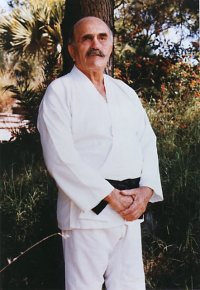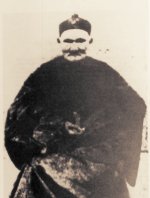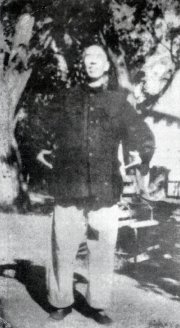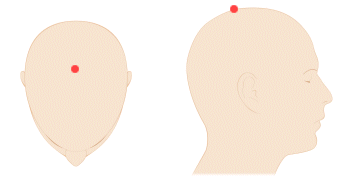In a revamped health care system envisioned by senators, people would be required to carry health insurance just like motorists must get auto coverage now. The government would provide subsidies for the poor and many middle-class families, but those who still refuse to sign up would face fines of more than $1,000.
The details were unveiled Thursday July 2, in a health care overhaul bill supported by key Senate Democrats looking to fulfill President Barack Obama’s top domestic priority.
Called “shared responsibility payments,” the fines would offset at least half the cost of basic medical coverage, according to the legislation. The goal is to nudge people to sign up for coverage when they are healthy, not wait until they get sick.
[continued at The Seattle Times]
If you were given a choice, would you vote for or against this proposal? Why?




